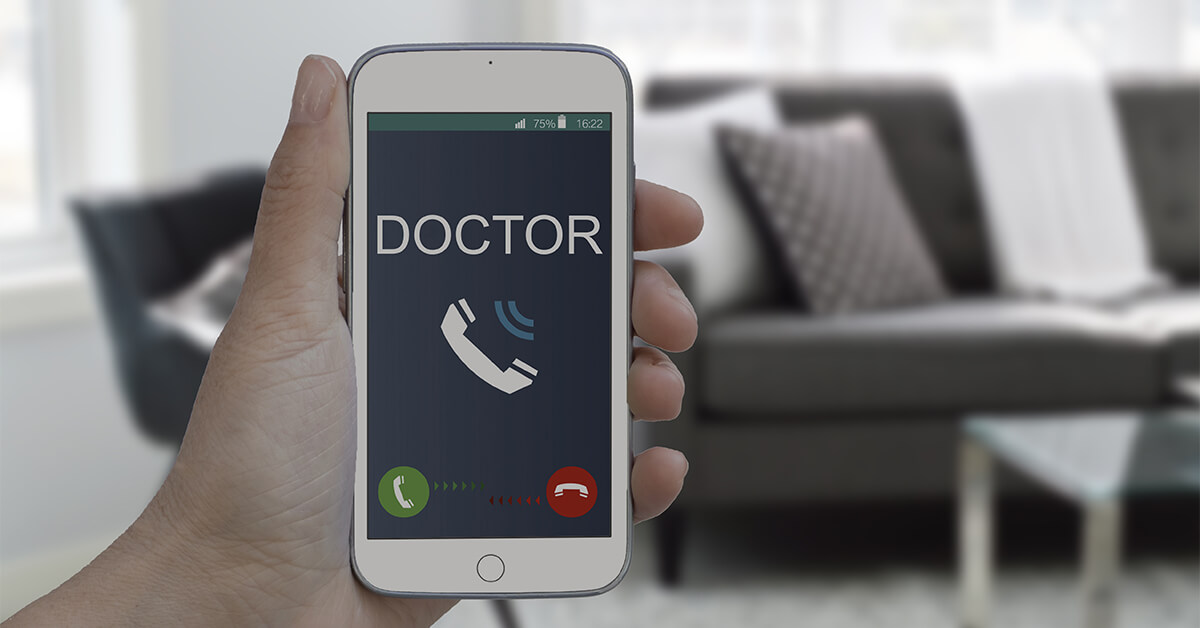March 1, 2023

Wary Patients Make Good Healthcare Consumers
Why stop now? I’ve written about healthcare consumerism in the previous two blogs posts. Let’s make it three in a row courtesy of Rock Health’s latest annual consumer adoption of digital health survey.
The Rock Health report is based on a survey of 8,014 consumers conducted by the San Francisco-based digital health venture capital firm last July and August. What I looked for in the results are any signs that patients are assertively using technology to interact with businesses in the healthcare industry like they use technology as consumers to interact with businesses in other industries like banking or retail goods.
And, similar to the results from the ZS Future of Health Survey and from the NRC Health’s Experience Perspective survey, there are hopeful signs in the Rock Health survey results of intelligent healthcare consumer life out there.
The big finding, which Rock Health touted, and the healthcare trade press mimicked, is that 80 percent of the survey respondents said that they used a telemedicine service at least once. That’s up from 72 percent in 2021 and the high-water mark since 2015, when Rock Health started doing its annual survey.
Further, all six telemedicine modalities tracked by Rock Health saw an increase in use by the survey respondents in 2022 compared with 2021. To wit:
- Live phone (57 percent from 45 percent)
- Live video (52 percent from 51 percent)
- Health app/website (48 percent from 37 percent)
- Email (43 percent from 34 percent)
- Text message (36 percent from 28 percent)
- Picture/video (27 percent from 25 percent)
True, some increases were small, and things may change as more hospitals and medical practices charge patients for email and text messages (provider rates may apply.) But, six for six tells you something.
To learn more on that topic, please read, “When Healthcare Sends the Wrong Message,” on 4sighthealth.com.
By far, the top reason patients said they preferred telemedicine over in-person care was to get a prescription refilled, cited by 61 percent of the respondents. A distant second and third were for minor illnesses and mental health, cited by 51 percent and 38 percent of the respondents, respectively.
If six for six tells you something, 10 for 10 does, too. The respondents said they were less willing to share their personal health data with all 10 different types of stakeholders than they were in 2020.
On the most-willing end of the spectrum, 70 percent of the 2022 respondents said they were willing to share their personal health data with their doctors or clinicians compared with 72 percent in 2020. On the least-willing end of the spectrum, only 7 percent said they were willing to share personal health data with consumer technology companies compared with 11 percent in 2020.
The best of the nine least-willing big consumer tech companies named in the survey was Amazon. Three percent of the 2022 respondents said they were willing to share their personal health data with the online retailer, which closed on its $3.9 billion purchase of primary-care provider One Medical last week. (Uh oh.)
The worst of the nine was Uber. Only one percent of the 2022 respondents said they were willing to share their personal health data with the ride-share service. (Who are those people unless they needed a ride to the emergency room?)
To learn more on that topic, please read, “How Healthcare Revolutionaries Think: 10 Questions with Dan Trigub,” on 4sighthealth.com.
The fact that fewer respondents trust anyone, especially big tech companies, with their personal health data tells me that patients have learned important lessons from their digital interactions with businesses in other industries and are applying those lessons to their interactions with businesses in healthcare.
They’ve had their credit card information stolen. They’ve had their identities stolen. They’ve had their social media accounts hijacked. Their email and voicemail accounts overflow with spam and robocalls. They’ve had their laptops phished. Now someone wants their most personal health information? I don’t think so. Good for them.
If wariness and suspicion are attributes of being a good consumer, these patients are well on their way.
To learn more on that topic, please read, “I Think Your Personal Health Information Alarm Is Going Off,” on 4sighthealth.com.
Thanks for reading.





